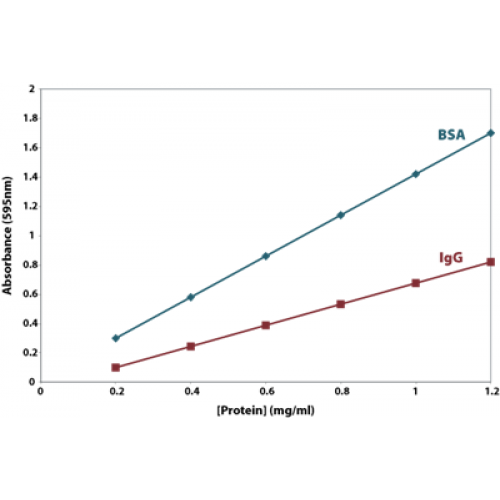cGMP, or current Good Manufacturing Practices, are regulations enforced by the US Food and Drug Administration (FDA) to ensure that systems are in place that assure proper design, monitoring, and control of manufacturing processes and facilities.
A company that adheres to cGMP regulations, like G-Biosciences, assures identity, strength, quality, and purity of products by requiring that we adequately control manufacturing operations. The quality system implemented helps to prevent instances of contamination, mix-ups, deviations, failures, and errors and this, in turn, assures that drug products meet their quality standards.
Key Benefit of cGMP
Although cGMP is primarily for food and drug manufacturing companies, other companies adopt cGMP practices, like G-Biosciences, to ensure that our products are designed and developed through to manufactured under optimal processes. A key benefit is that the implementation of cGMP regulations allows for products to be manufactured under controlled conditions to meet consistent specifications across lots over time.
Why G-Biosciences Utilizes cGMP
G-Biosciences is not a manufacturer of food or drugs but is happy to work under cGMP regulations as we believe in reproducibly producing the highest quality products to ensure complete customer satisfaction. As a result, our facilities are in good condition, equipment is properly maintained and calibrated, employees are qualified and fully trained, and processes are reliable and reproducible.
G-Biosciences is certified for ISO9001:2015 and adheres to the highest standards.
Why Have cGMP & ISO standards?
ISO9001:2015 is a quality management system that G-Biosciences uses to ensure superior quality and constant improvement, so why enhance this standard with cGMP? A significant difference is that the ISO standards are not mandatory, as opposed to cGMP.
Many of the aspects covered in ISO quality standards are the same, differing only slightly in allowable thresholds. cGMPs include all guidelines relating to process validation, comprehensive corrective and prevent action (CAPAs), vendor qualification, good laboratory practice as well as design and management reviews.
Failure to comply with CGMPS may attract immediate sanctions for an industry, whereas the same cannot be said of other QC standards like ISO.
cGMP Documentation Requirements
- Enhanced traceability due to records used throughout the manufacturing process and archiving for 10+ years
- Documents thoroughly reviewed, approved and traced
- Continual reviewed to ensure current versions in use
cGMP Equipment Requirements
- Regular & traceable calibration and maintenance
cGMP Building & Facilities
- Safe environment and security for employees
- Temperature and humidity control
Biotechnology & cGMP
G-Biosciences is a manufacturer of over 10,000 biotechnology products and we are experts at custom OEM. We have been manufacturing for over twenty years and feel that following cGMP and ISO regulation not only ensure our facility and processes meet the highest standards, our customers can have peace of mind that the products they are receiving are the best the industry has to offer.
If you would like to learn more about our vast selection of biotechnology and custom OEM products and services, please contact us today at 800-628-7730.






